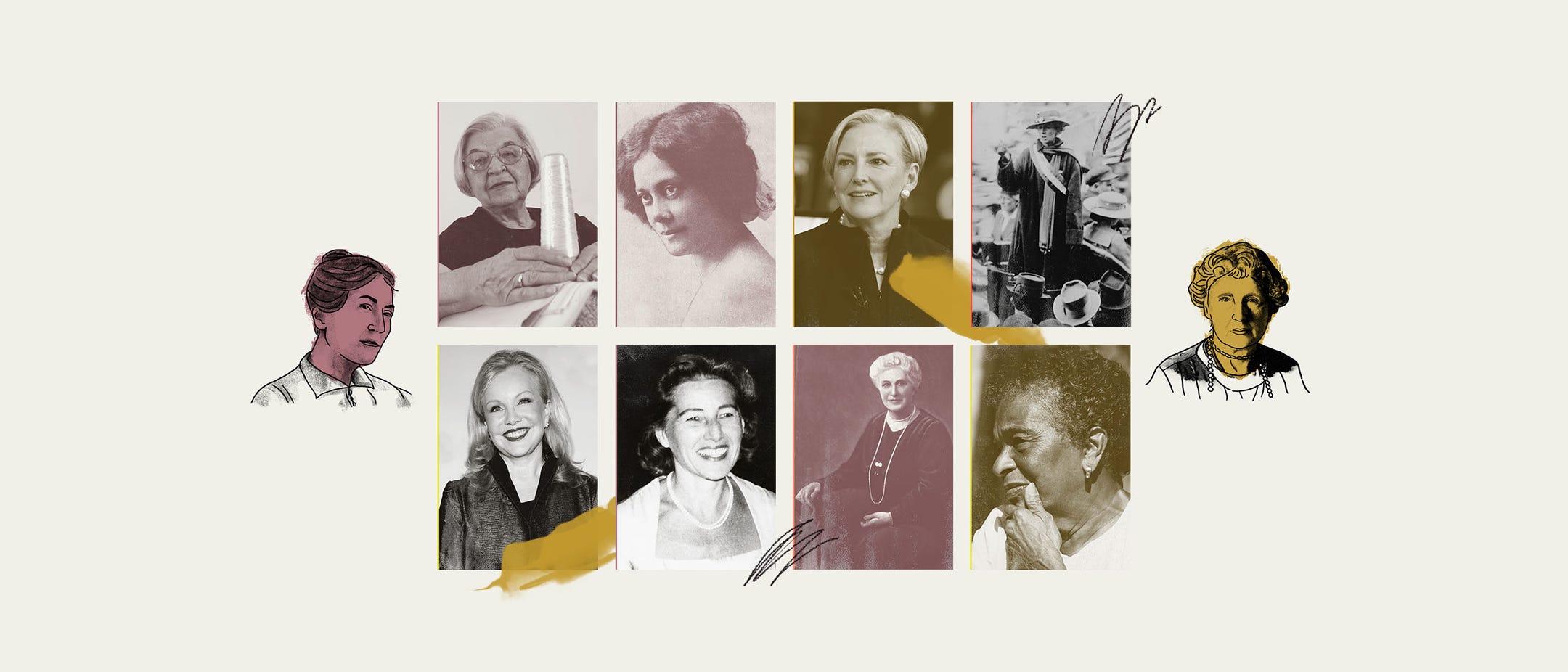
The First State is no stranger to strong women who have inspired others to shatter glass ceilings, break racial barriers and carve out spots at male-dominated tables.
This year, as part of the 100th anniversary of the women's suffrage movement, the USA TODAY Network is recognizing women from around the country as part of its Women of the Century project. Ten women from each state and the District of Columbia will be recognized as Women of the Century.
All of these women have excelled in areas of arts and literature, business, civil rights, education, entertainment, law, media, nonprofits and philanthropy, politics, science and medicine or sports and have lived between 1920 and 2020.
Delaware may be small, but there are many more than 10 women who could be recognized as Women of the Century.
Take Katherine Esterly, who was a pioneer in pediatrics and neonatology from the 1970s onward. She not only pushed for a neonatal intensive care unit, she also developed a neonatal transport team. She was an advocate for premature babies until her death in 2014.
Elena Della Donne didn't quite make the top 10, either. The Delaware high school legend graduated from the University of Delaware then won two WNBA most valuable player awards. She was also an Olympic gold medalist.
After a public nomination period, a panel of five Delaware experts came together and selected the following 10.
Roxana Cannon Arsht
First female judge in Delaware
(1915-2003)
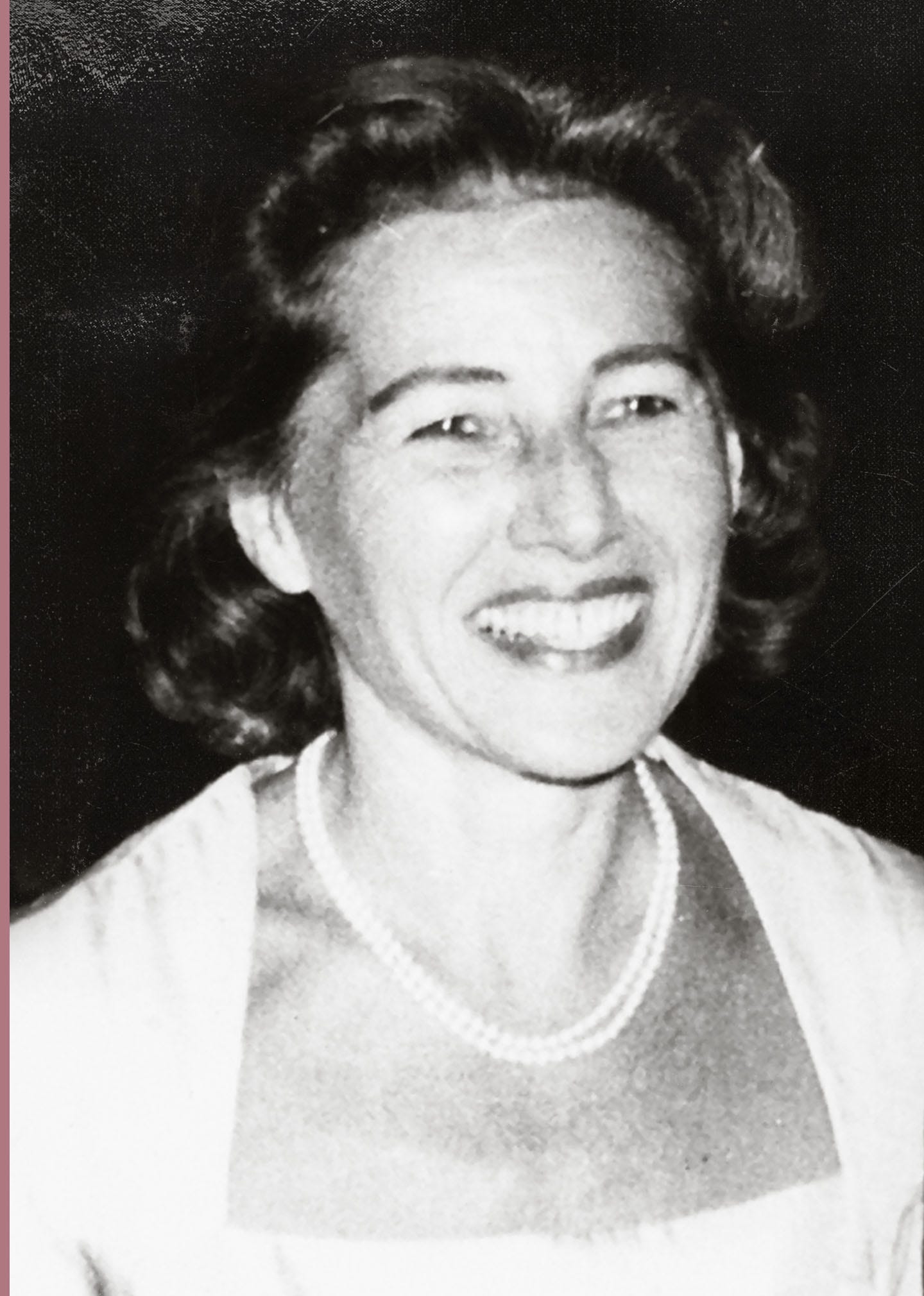
After attending the University of Pennsylvania Law School in 1939 and passing the Delaware bar two years later, Roxana Cannon Arsht had trouble finding a job. She married and turned her attention to raising two daughters.
Two decades later, she became a volunteer master for the Delaware Family Court. She worked without pay for nine years before Gov. Russell W. Peterson appointed her as a Family Court judge in 1971.
She retired from the bench in 1983 and focused on philanthropy, supporting groups like Planned Parenthood, Tower Hill School and Winterthur Museum.
Annie Jump Cannon
Astronomer and suffragist
(1863-1941)
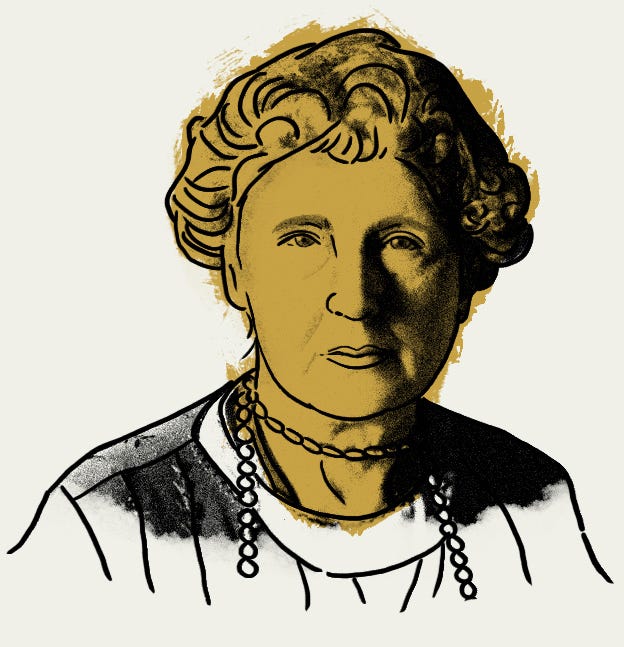
An astronomer, Annie Jump Cannon discovered hundreds of stars and classified more than a quarter of a million of them. She helped develop a system of stellar classification still used by astronomy students while also advocating for women’s suffrage and serving as a member of the National Women’s Party.
In 1923, she was also chosen as one of the 12 greatest living women for the 20th century by the National League of Women Voters. She received national and international honors and medals for her scientific contributions, and a crater on the moon is named after her.
Beatrice ‘Bebe’ Coker
Civil rights and education advocate
(1935- )
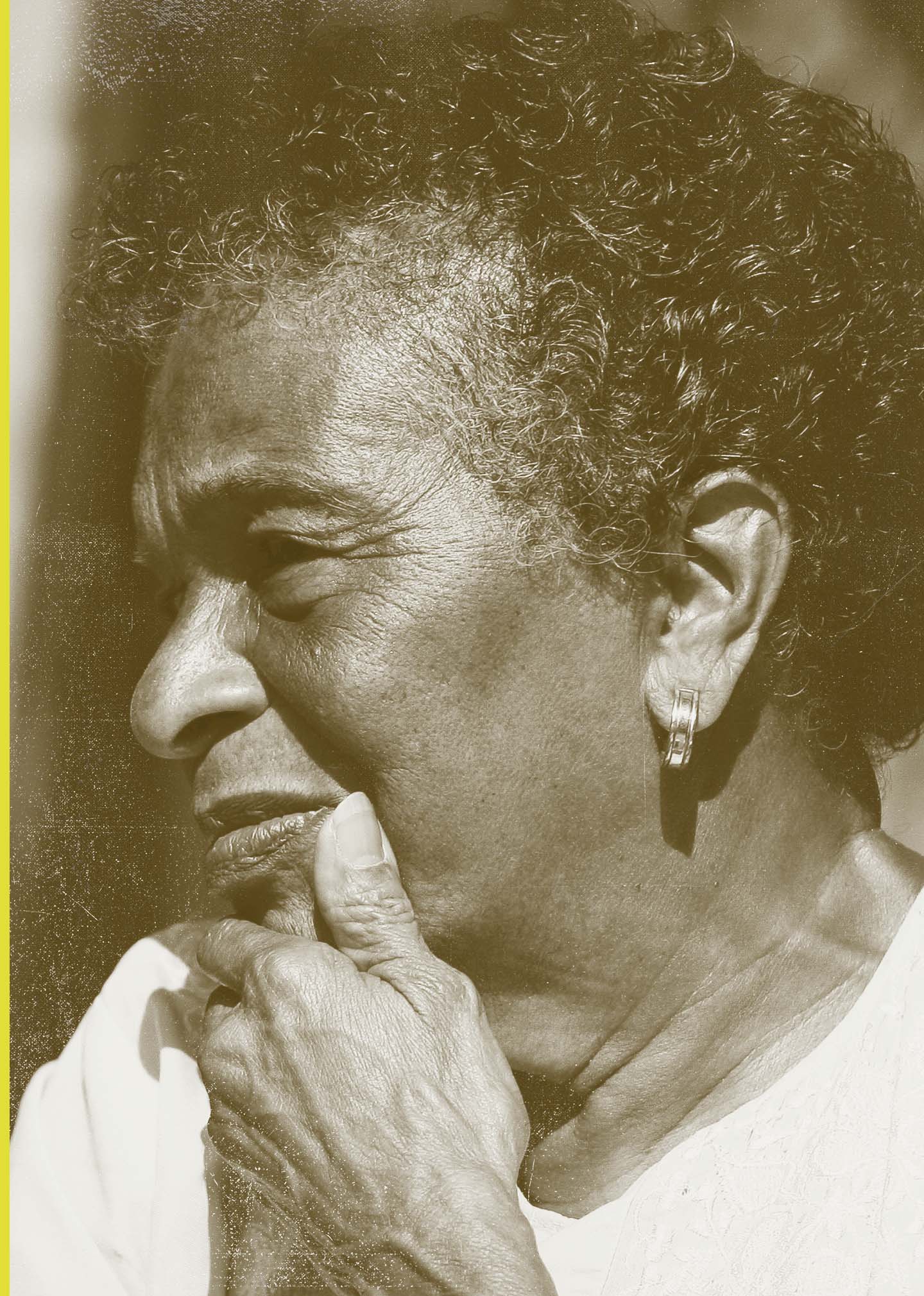
For nearly 60 years, Beatrice “Bebe” Coker has been a leading civil rights and education advocate in Wilmington.
Coker was instrumental to the peaceful desegregation of Wilmington schools, though she opposed busing Black students out of the city. In the decades since, she has remained a fierce advocate for low-income children of color in Wilmington.
Her work helped lead to the passage of legislation undoing unfair segregated housing laws.
She served on the board of the New Castle County Vo-Tech School District for 12 years and received the John H. Taylor Jr. Education Leadership Award for her years of service improving Delaware public education. Coker is also a published poet and champions cultural appreciation, collaborating with arts and community groups throughout Delaware.
Alice Dunbar-Nelson
Journalist
(1875-1935)
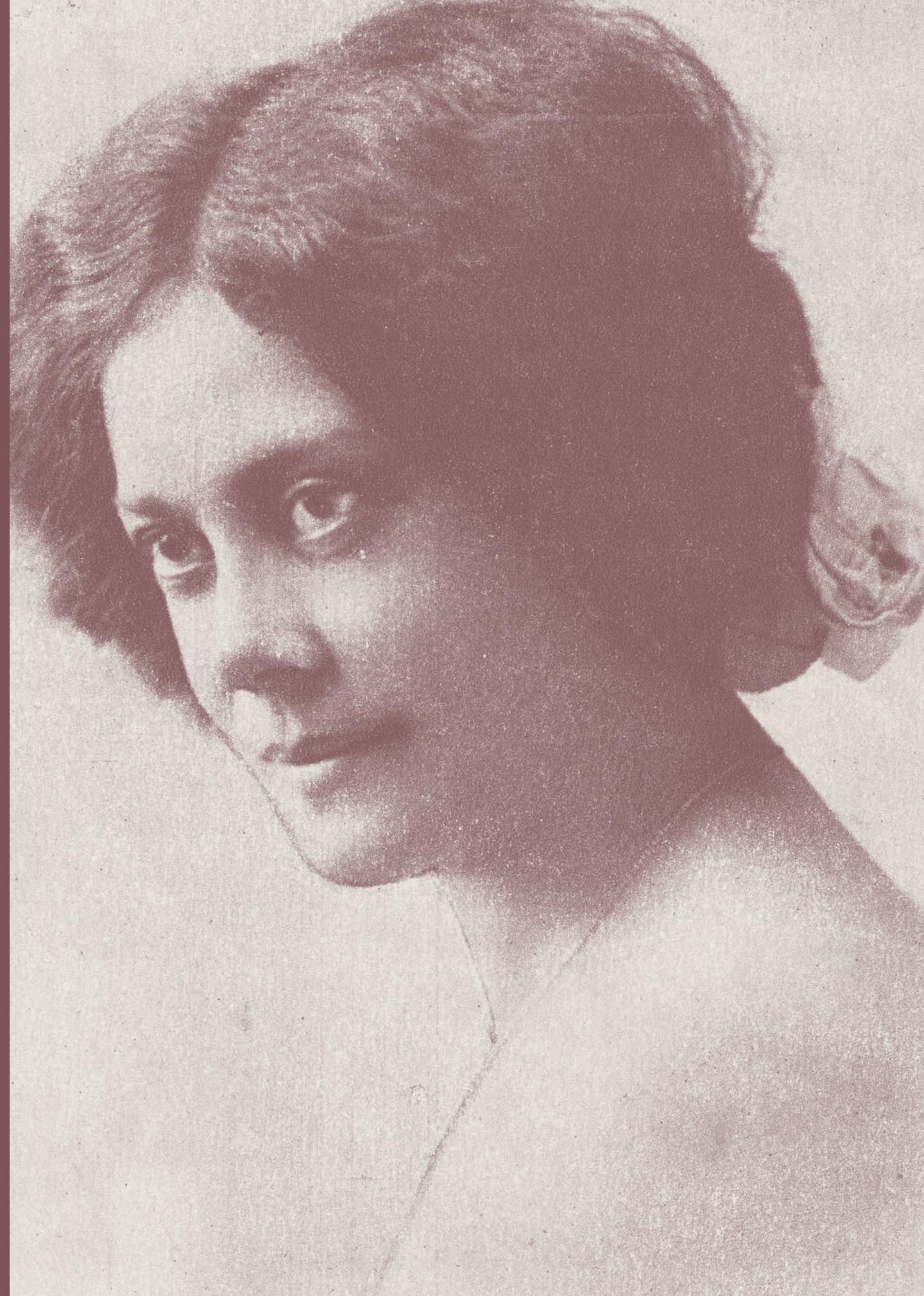
Through her writing, Alice Dunbar-Nelson influenced a generation of Black writers during the Harlem Renaissance, helped organize the women's suffrage movement in the Mid-Atlantic region and fought for lynching to become a federal crime – legislation that wouldn't be passed until 85 years after her death.
She was born in New Orleans in 1875 to an African American mother, who was a former enslaved person, and a white father who abandoned the family. At a time when many Americans, particularly Black women, did not go to college, Dunbar-Nelson graduated from Straight University in 1892. Though she never became a well-known figure of the Harlem Renaissance, she rose to prominence with her reviews of Langston Hughes.
Dunbar-Nelson moved to Delaware in the early 20th century, where she was a teacher at Howard High School for about a decade. In 1920, she became the editor of the Wilmington Advocate, a progressive Black newspaper.
Florence Bayard Hilles
Suffragist
(1865-1954)
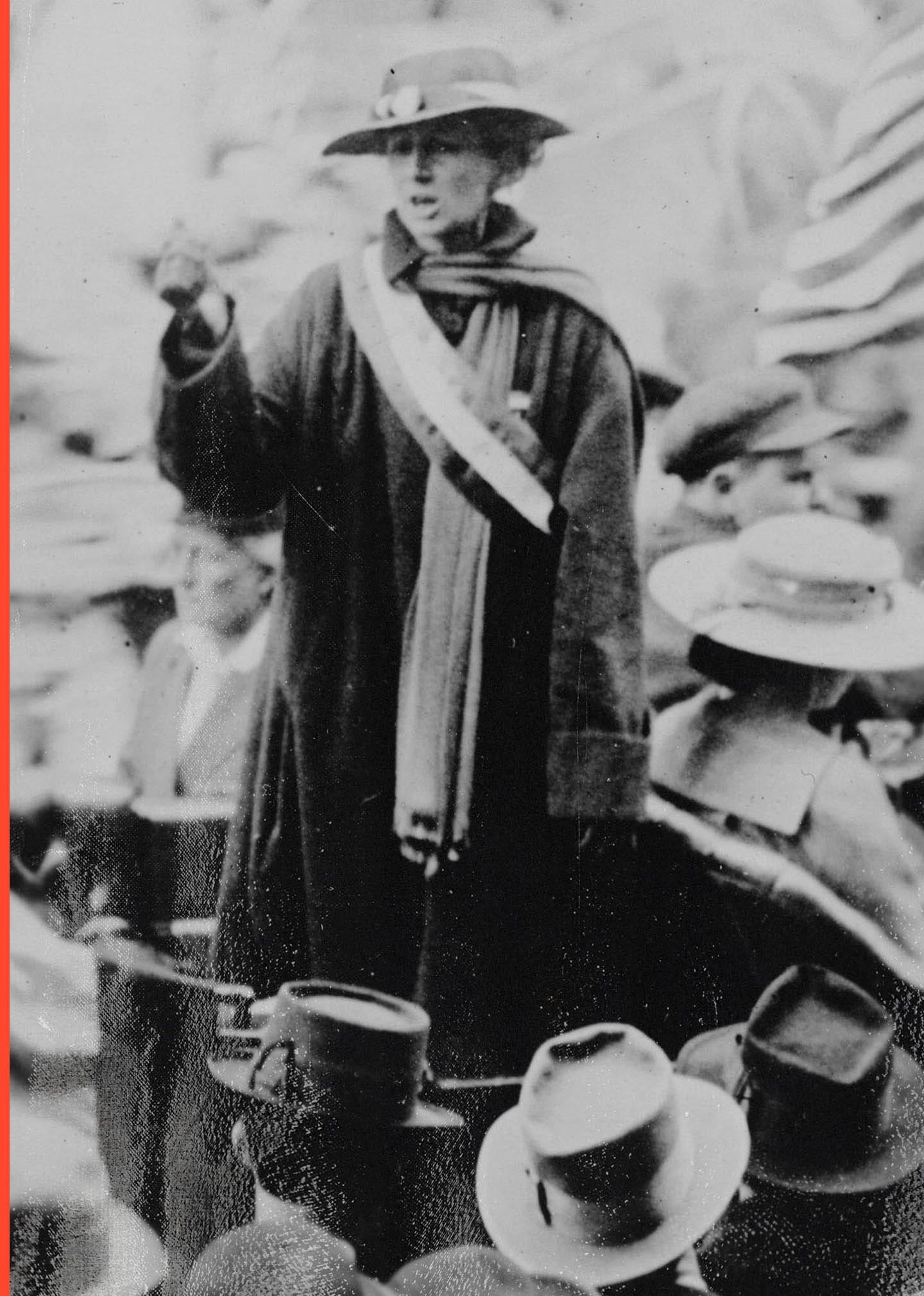
A daughter of the influential Bayard family, Florence Bayard Hilles was a leading suffragist from New Castle. She donated her money and attention to the suffragist movement in 1913 after hearing Mabel Vernon speak in Wilmington.
In 1916, she was among suffragists who unfurled a banner during an address President Woodrow Wilson gave to Congress. It read: “Mr. President, What Will You Do For Woman Suffrage?” The following year, she was one of the “Silent Sentinels” who led a picket of the White House. Hilles and other suffragists were arrested, refused to pay a fine and sentenced to 60 days in jail. Wilson pardoned her after serving three days.
Ellen Kullman
Engineer and business executive
(1956- )
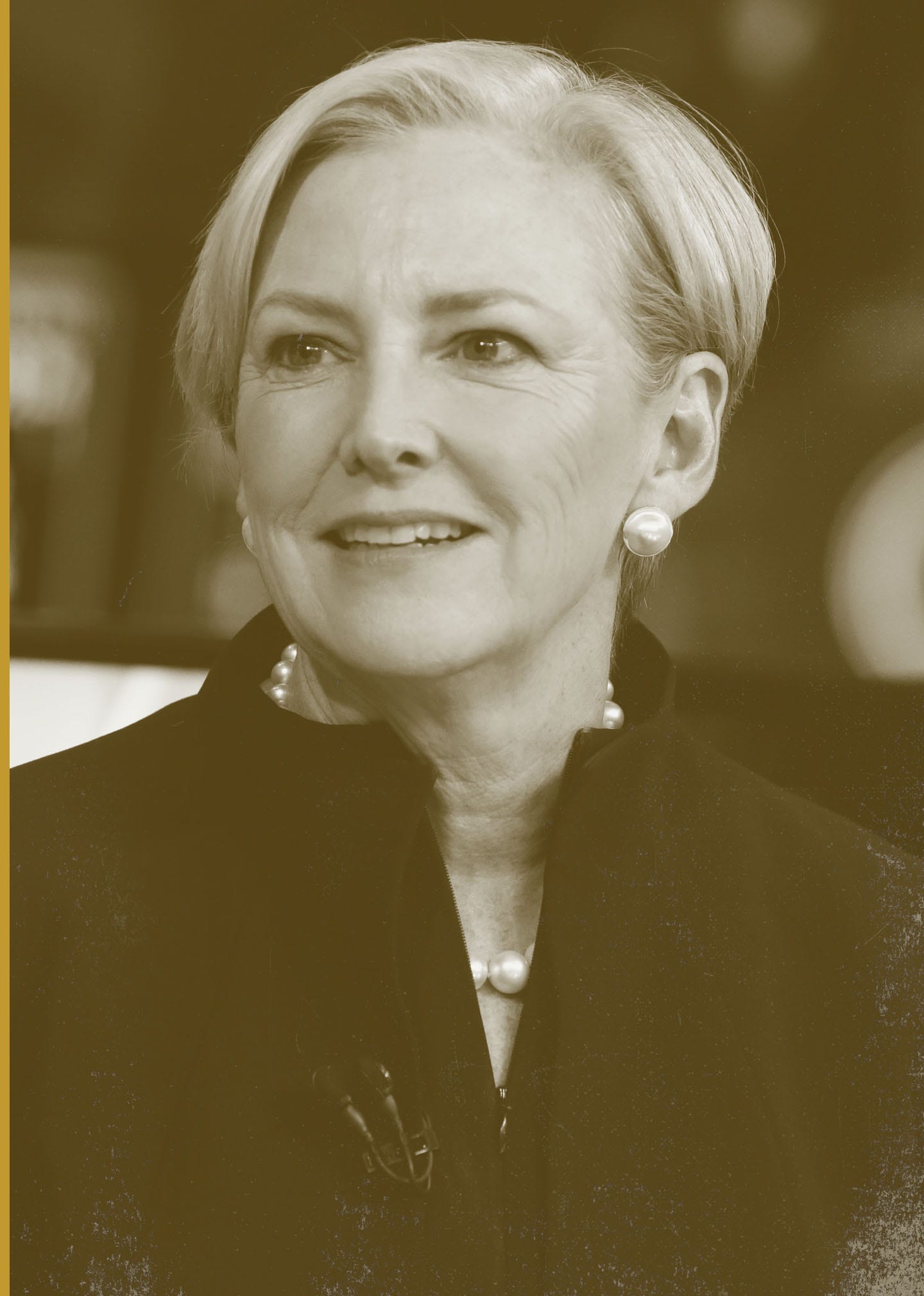
Ellen Kullman was the first female chairman and CEO of the DuPont Company. Kullman is a celebrated engineer and business executive.
She started her career at General Motors and later joined its board, then spent almost 30 years at DuPont.
Kullman has been recognized as one of the 50 Most Powerful Women in Business by Fortune magazine and one of the World’s Most Powerful Women by Forbes, and she received multiple awards and honorary degrees. She is a champion of finding women in business to serve on boards for Fortune 500 companies.
Stephanie Kwolek
Chemist
(1923-2014)
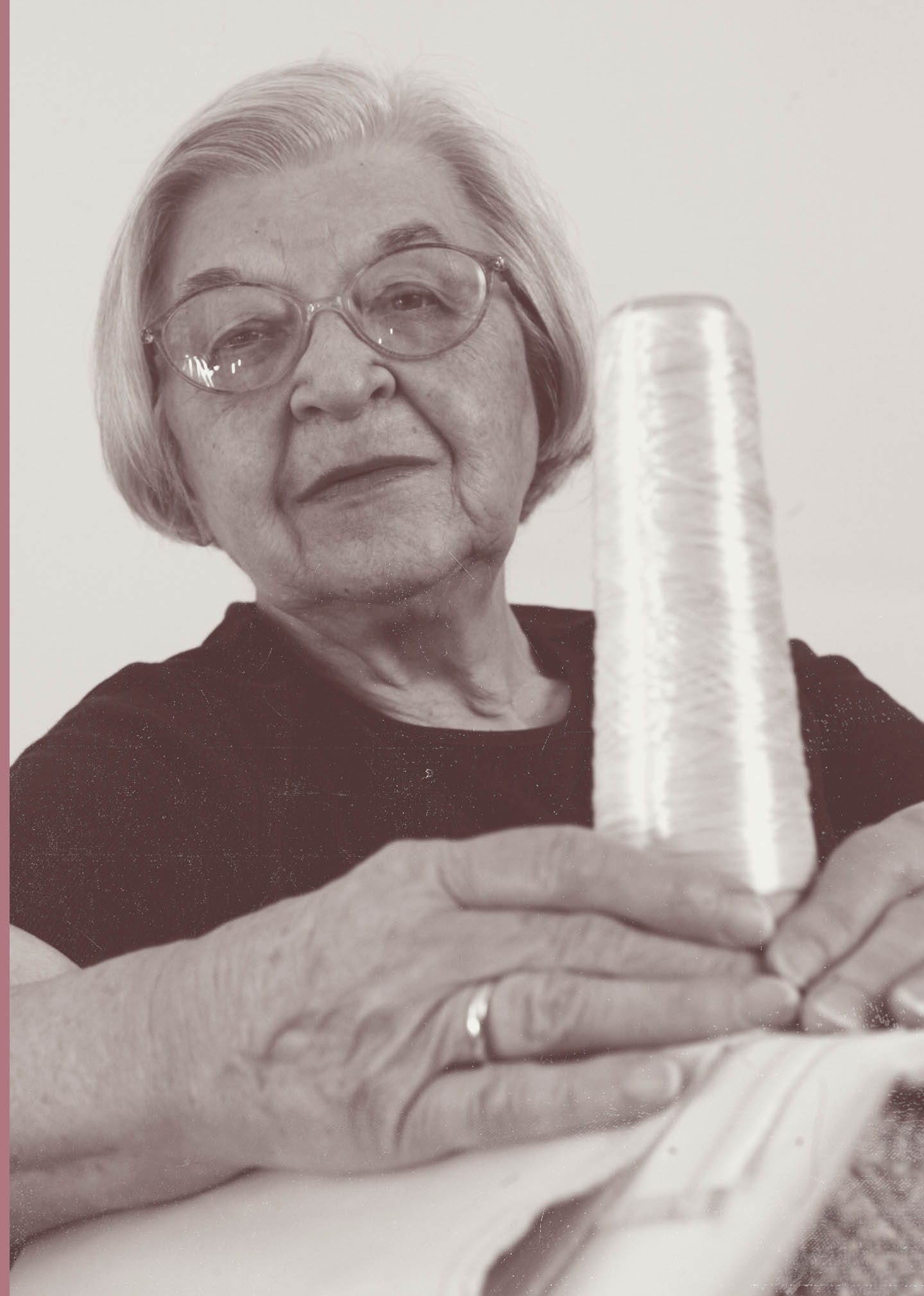
Chemist Stephanie Kwolek is known for inventing Kevlar, which today has more than 200 applications, including bullet-resistant vests for soldiers and police officers.
Born in Pennsylvania, Kwolek came to work at the DuPont company after graduating from the Margaret Morrison Carnegie College in 1946 with a degree in chemistry. Originally planning to go to medical school, she decided instead to stay at DuPont after falling in love with polymer research.
Kwolek was head of polymer research at DuPont's Pioneering Lab until she retired in 1986. She was inducted into the National Inventors Hall of Fame in 1994 – only the fourth woman to earn that honor at the time – and the National Women’s Hall of Fame in 2003.
Susan Stroman
Broadway director and choreographer
(1954- )
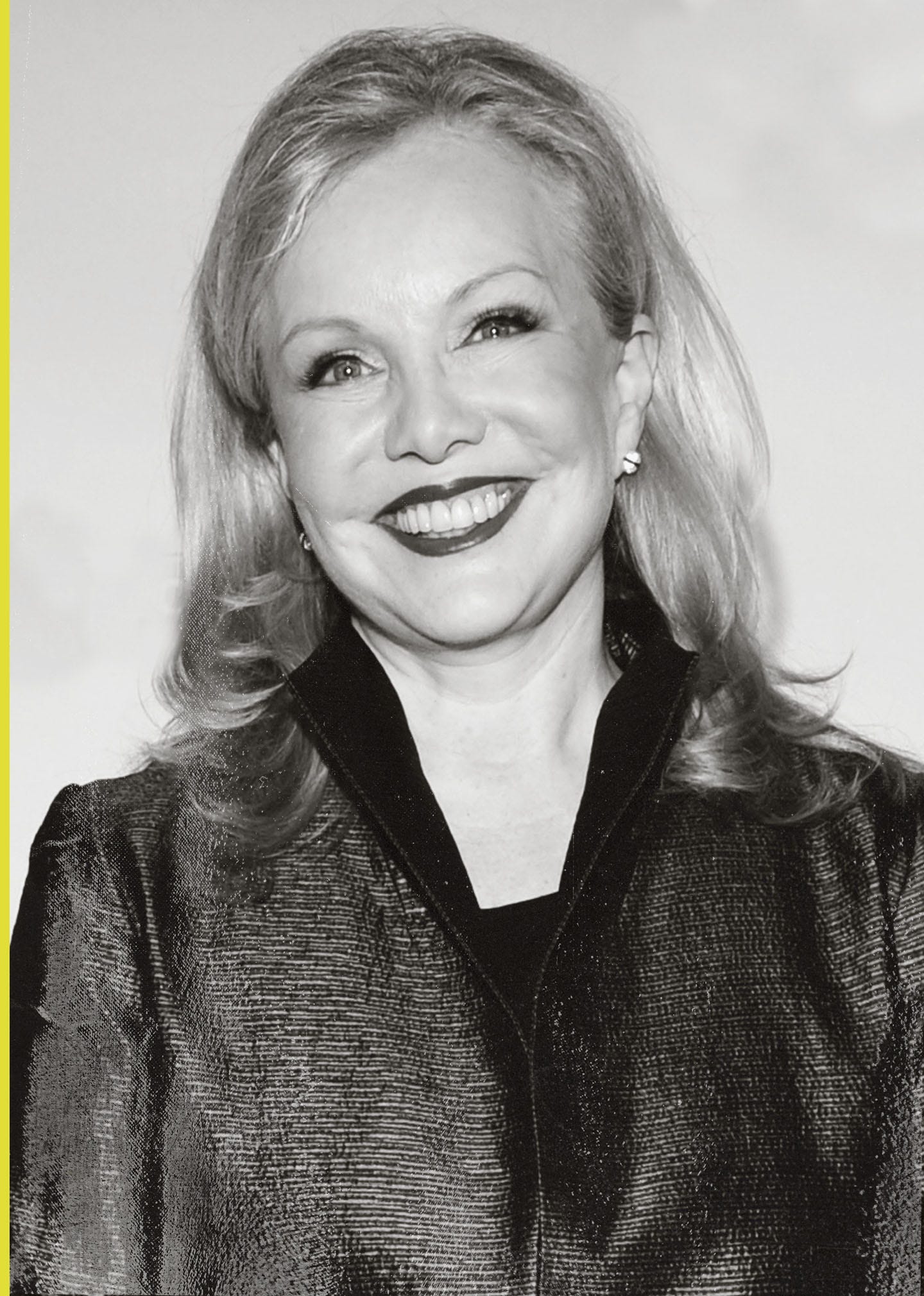
Five-time Tony Award winner Susan Stroman can trace her love of theater back home to Delaware, where she began studying dance at age 5 at James Jameson's Academy of Dance.
She studied theater at the University of Delaware before moving to New York City and working her way onto Broadway, where she found fame and a career that has lasted more than four decades.
She has won Tony Awards for "The Producers," "Oklahoma!," "Contact," "Show Boat," and "Crazy For You."
Emalea Pusey Warner
Education advocate
(1853-1948)
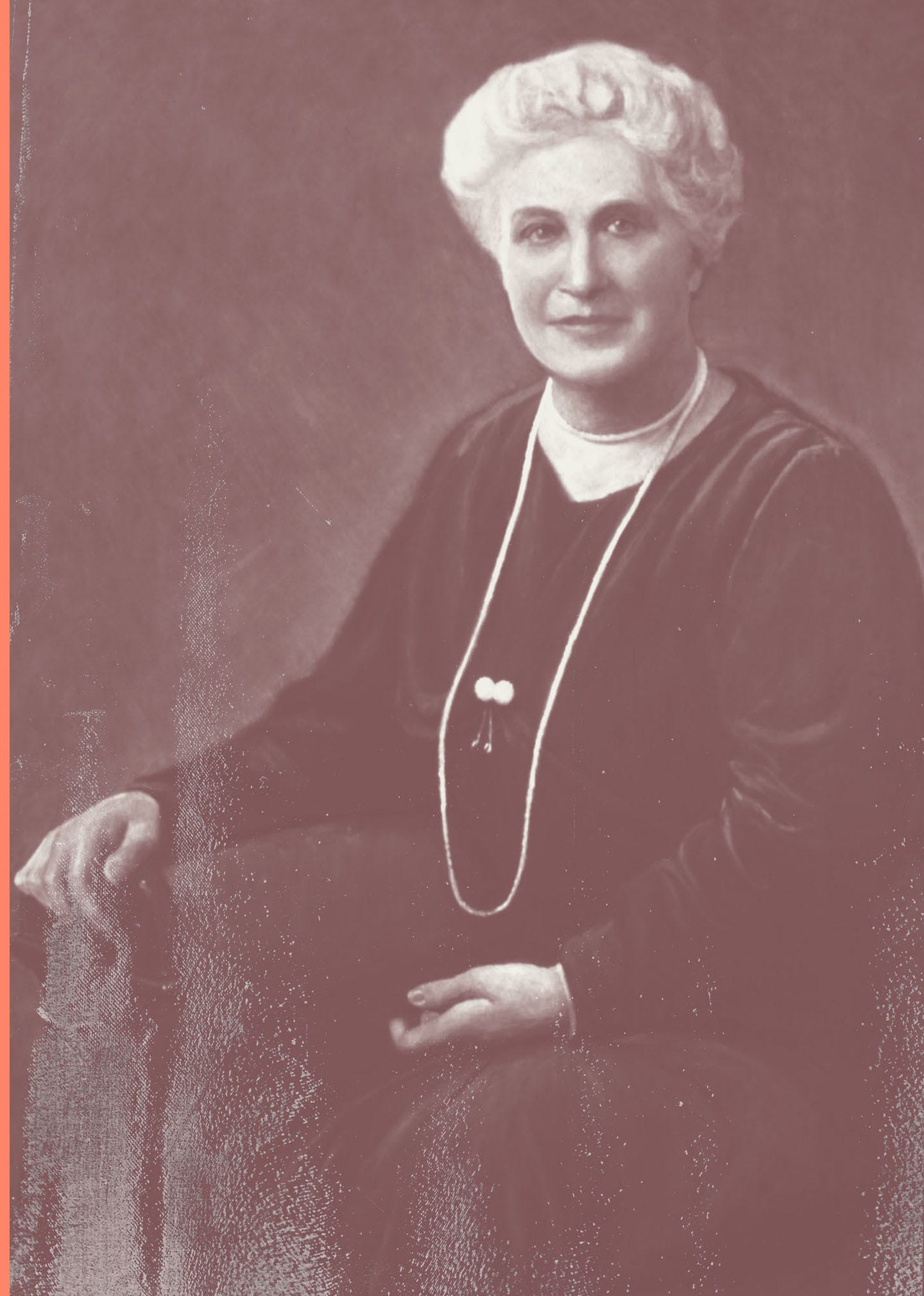
A champion of education, Emalea Pusey Warner is perhaps best known for helping establish the Women’s College of the University of Delaware in 1914.
She was also the first woman appointed to UD’s Board of Trustees and helped found the Associated Charities (now Children & Families First) and the Delaware League of Women Voters. She spent 21 years as president of the Delaware SPCA.
Margaret Irving Handy
Physician
(1889-1977)
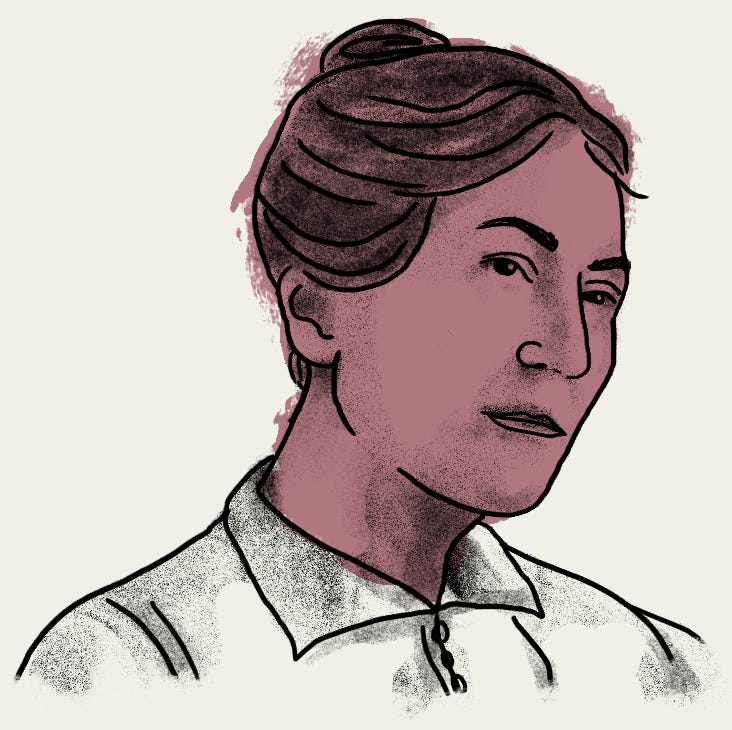
One of Delaware's first women physicians, Margaret Irving Handy was a pioneer for the field of pediatrics in the state. She opened a pediatric ward during the Spanish Influenza outbreak in 1918.
A chief of pediatrics at Delaware Hospital from 1921 to 1946, Handy worked to improve care and facilities for premature babies throughout the state. She also helped found the Mother's Milk Bank in 1945.
Aside from pediatrics, she established ophthalmology as a specialty and became the first state-certified ophthalmologist in 1947.
Contributing: Natalia Alamdari, Karl Baker, Ryan Cormier, Sarah Gamard, Brandon Holveck, Jeanne Kuang, Maddy Lauria, Meredith Newman, Ira Porter and Xerxes Wilson
Sources used in the Women of the Century list project include newspaper articles, state archives, historical websites, encyclopedias and other resources.